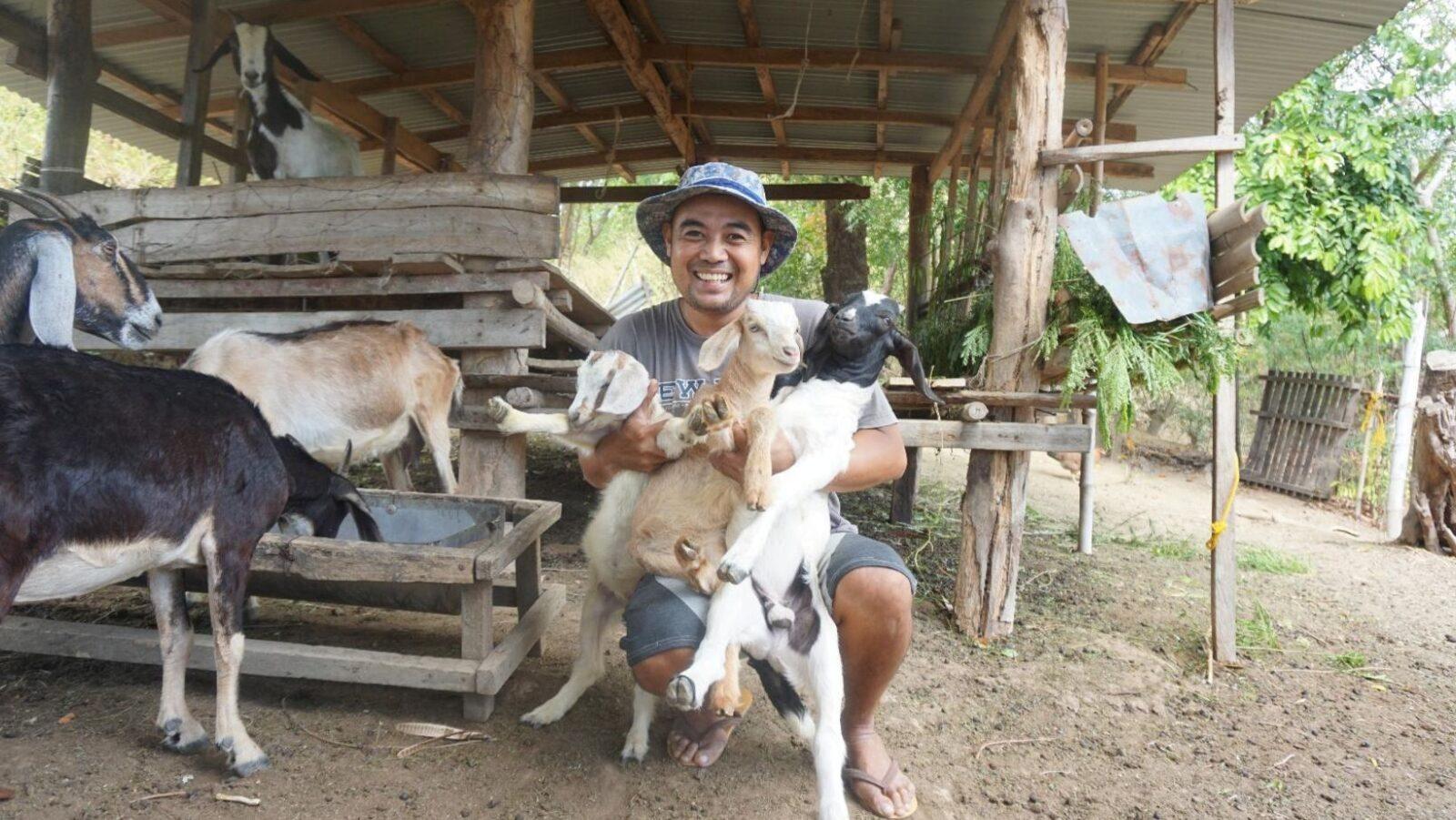ICYMI: Science and technology updates from March 24 to 30, 2019.
DOST-funded technology wins World Summit Awards

Besting 430 nominations from 182 participating countries, the Universal Structural Health Evaluation and Recording System (USHER) was one of the forty-five (45) Global Winners of the World Summit Awards (WSA). It was also the only Southeast Asian winner in the category “Smart Settlements and Urbanization”.
According to an official statement by the DOST-PCIEERD:
USHER Technologies won the award for its cost-effective 24/7 Structural Health Monitoring System for buildings and bridges that enables economical and hassle free compliance to the National Building Code. It is composed of an accelerograph sensor and a web portal system that can be installed in building of all types, allowing building managers to monitor the structural integrity of the building.
Among the perks of being a WSA winner is the integration of USHER into a network of internationally recognized digital content developers. They will also have access to the WSA community of global experts and industry leaders in over 180 countries and special placement on WSA website, Youtube channel and social media promotion. The WSA is a non-monetary award system with a focus on sustainable knowledge transfer through a worldwide network.
“Now, we are more than ready to distribute USHER in the Philippines and we hope that with this international confirmation, we patronize technologies of our own people that was made by our people, for our people in USHERing a safer and more resilient Philippines,” said USHER Lead Inventor Dr. Francis Aldrine Uy .
UP researchers discover ‘plastic-eating’ bacteria in Zambales
From Philstar.com:
Microorganisms capable of “eating” plastic have been discovered in a hyperalkaline spring in Zambales, paving the way for research on new approaches to dealing with the country’s growing plastic problem.
Researchers from the biology department of the University of the Philippines-Baguio have discovered four strains of bacteria that are capable of biodegrading low-density polyethylene (LDPE), which is commonly used for plastic bags, cling wrap, shampoo bottles and other containers.
Newly discovered frog is as small as a staple
From National Geographic:
How many ways can you say “tiny?” How about miniature, miniscule, and minimum, for starters?
These adjectives not only describe three new species of frog from Madagascar, but also serve as their official scientific names.
Mini mum, Mini ature, and Mini scule “are astronomically small,” says Mark Scherz, an evolutionary biologist at Ludwig-Maximilians Universität in Munich, Germany, who described these and two other new tiny frog species in a new study published March 27 in the journal PLoS ONE. Mini is an all-new genus of frog.
Bacteria may travel via air across the globe
From Phys.org:
Bacteria may travel thousands of miles through the air worldwide instead of hitching rides with people and animals, according to Rutgers and other scientists. Their “air bridge” hypothesis could shed light on how harmful bacteria share antibiotic resistance genes.
“Our research suggests that there must be a planet-wide mechanism that ensures the exchange of bacteria between faraway places,” said senior author Konstantin Severinov, a principal investigator at the Waksman Institute of Microbiology and professor of molecular biology and biochemistry in the School of Arts and Sciences at Rutgers University-New Brunswick.
Is the key to preventing overeating actually in our brains?
From Medical Xpress:
Food is, generally speaking, a good thing. In addition to being quite tasty, it is also necessary for survival. That’s why animals have evolved robust physiological systems that attract them to food and keep them coming back for more.
Now, research in mice reveals the existence of brain cells that have the opposite effect, curbing an animal’s impulse to eat. Published in Neuron, the study shows that these cells also play a role in regulating memory, and are part of a larger brain circuit that promotes balanced eating.
Woman with ‘superhuman healing’ astonishes scientists
From The Independent:
A good-natured Scottish pensioner who experiences virtually no pain has superhuman healing and remains unflappable in life-threatening situations may sound like a Marvel spin-off but has just been reported in a leading scientific journal.
UK researchers have discovered Jo Cameron’s, now 71, remarkable abilities are apparently down to a previously unreported genetic mutation.
The case, published in the British Journal of Anaesthesia, could open the door for a host of new treatments to help people recover from surgery, manage chronic pain and anxiety disorders.
Skin-eating fungus massacres amphibians worldwide
From Scientific American:
A fungus that kills amphibians by invading their skin has become one of the most destructive invasive species ever recorded, a new research report says.
Batrachochytrium dendrobatidis, a type of chytrid fungus, has caused declines in 500 amphibian species and driven dozens of them to extinction, according to the report, published Thursday in Science. This is the first time scientists have taken global stock of the problem.







